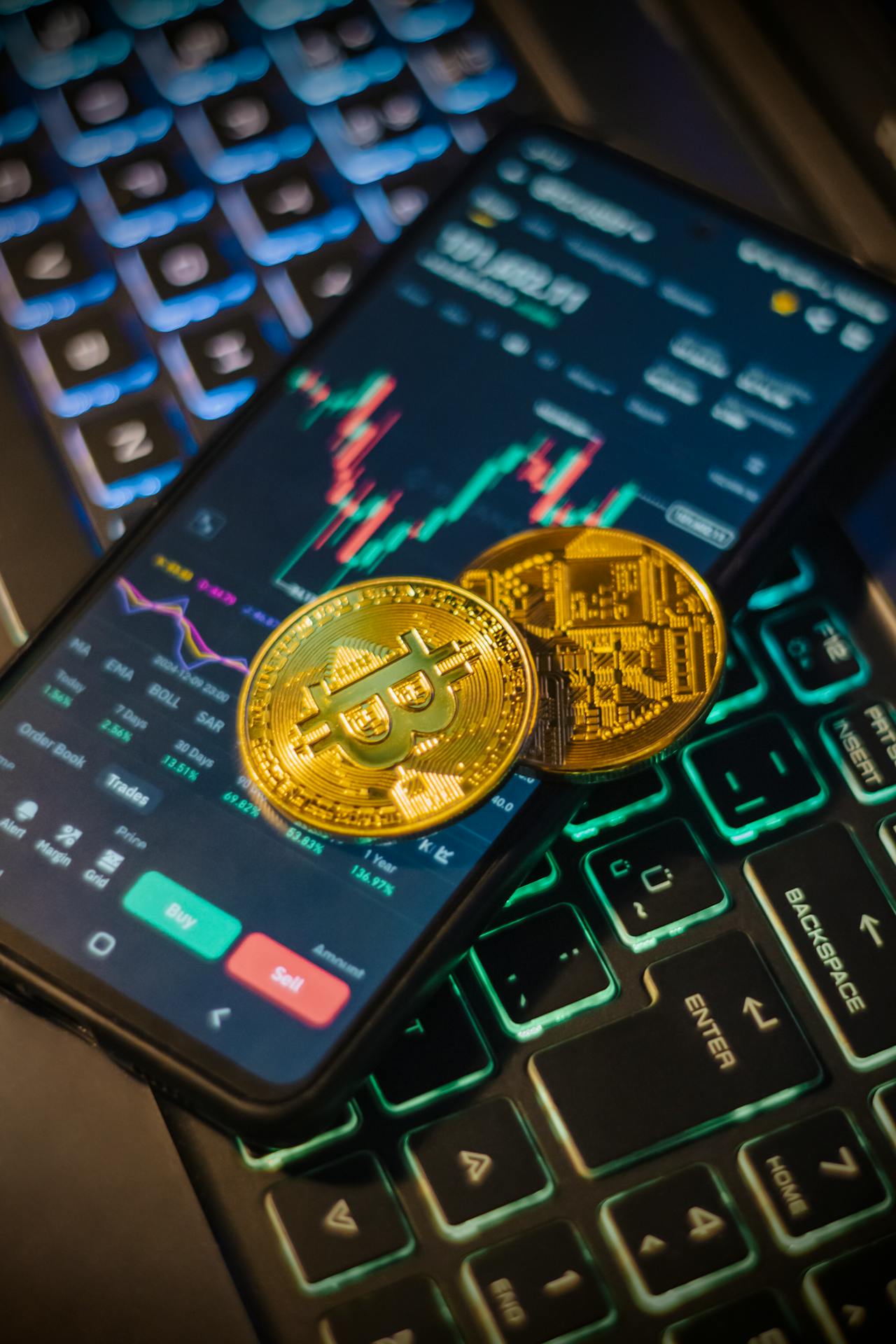
What are Executable NFTs
Executable NFTs are a new class of non-fungible tokens (NFTs) that contain code or smart contracts capable of executing actions or operations directly on the blockchain.
Unlike traditional NFTs, which are typically static representations of digital art or collectibles, executable NFTs are dynamic and interactive.
They enable programmable functionality, meaning owners and developers can interact with or trigger specific behaviors embedded in the NFT.
This concept expands the utility of NFTs beyond static ownership, unlocking innovative use cases across gaming, decentralized applications (dApps), finance, and beyond.
How Do Executable NFTs Work?
At their core, executable NFTs integrate smart contract functionality directly into the token. Here’s how they work:
- Smart Contract Embedding: The NFT is programmed with smart contracts that define specific operations or interactions.
- Triggered Actions: These smart contracts can be triggered by the NFT owner, external events, or other blockchain-based conditions.
- Dynamic Updates: Executable NFTs can evolve based on interactions, changing their state, visual appearance, or attributes over time.
For example, an executable NFT in a blockchain-based game might allow players to upgrade or modify in-game assets.
Another example might be an NFT that executes financial transactions when predefined conditions are met, such as staking rewards or interest payouts.
Key Features of Executable NFTs
- Dynamic Functionality: Executable NFTs allow for real-time updates, behaviors, and interactions, making them far more versatile than static NFTs.
- Programmability: Through embedded smart contracts, developers can create NFTs that execute actions based on triggers, conditions, or ownership changes.
- Enhanced Utility: These NFTs can perform tasks beyond ownership representation, such as enabling access, updating states, or automating processes.
Benefits of Executable NFTs
- Interactive Experiences: Executable NFTs enhance user engagement by offering interactive features in games, dApps, and virtual environments.
- Greater Utility: By embedding functionality, these NFTs can be used for more than static collectibles, unlocking possibilities for finance, gaming, and digital identity.
- Automation: Smart contracts in executable NFTs can automate processes like royalty payments, staking rewards, or access rights, saving time and effort.
- Evolving Assets: Executable NFTs can change over time based on user interaction, external conditions, or on-chain events, making them more valuable and dynamic.
Use Cases for Executable NFTs
Gaming:
In blockchain games, executable NFTs can allow players to upgrade characters, modify weapons, or unlock special abilities based on in-game achievements.
Finance:
Executable NFTs can automate staking, lending, or royalty payments based on predefined conditions, creating innovative financial tools.
Access and Permissions:
These NFTs can grant or revoke access to gated content, events, or digital platforms, enabling subscription models and memberships.
Evolving Digital Art:
Artists can create NFTs that change over time or react to certain triggers, providing a more interactive art experience.
dApps and Automation:
Executable NFTs can be used to interact with decentralized applications, automating specific processes or executing commands within the ecosystem.
Challenges and Risks
Despite their innovative potential, executable NFTs come with challenges:
- Complex Development: Creating executable NFTs requires advanced smart contract programming, which can be resource-intensive and costly.
- Smart Contract Vulnerabilities: If the embedded code is not secure, it could expose the NFT to bugs, hacks, or exploits.
- Gas Fees: Executing smart contract operations within the NFT may incur higher gas fees, especially on networks like Ethereum.
- Adoption Hurdles: As a newer technology, executable NFTs require broader adoption and understanding within the blockchain community to realize their full potential.
Summary
Executable NFTs are transforming the NFT space by enabling dynamic, programmable functionality directly within the token.
By embedding smart contracts, these NFTs can interact with users, evolve over time, and automate processes, unlocking new use cases across gaming, finance, art, and dApps.
While challenges like complexity and security remain, executable NFTs represent an exciting step forward in making NFTs more interactive, versatile, and valuable in the evolving blockchain ecosystem.
Related Terms:




